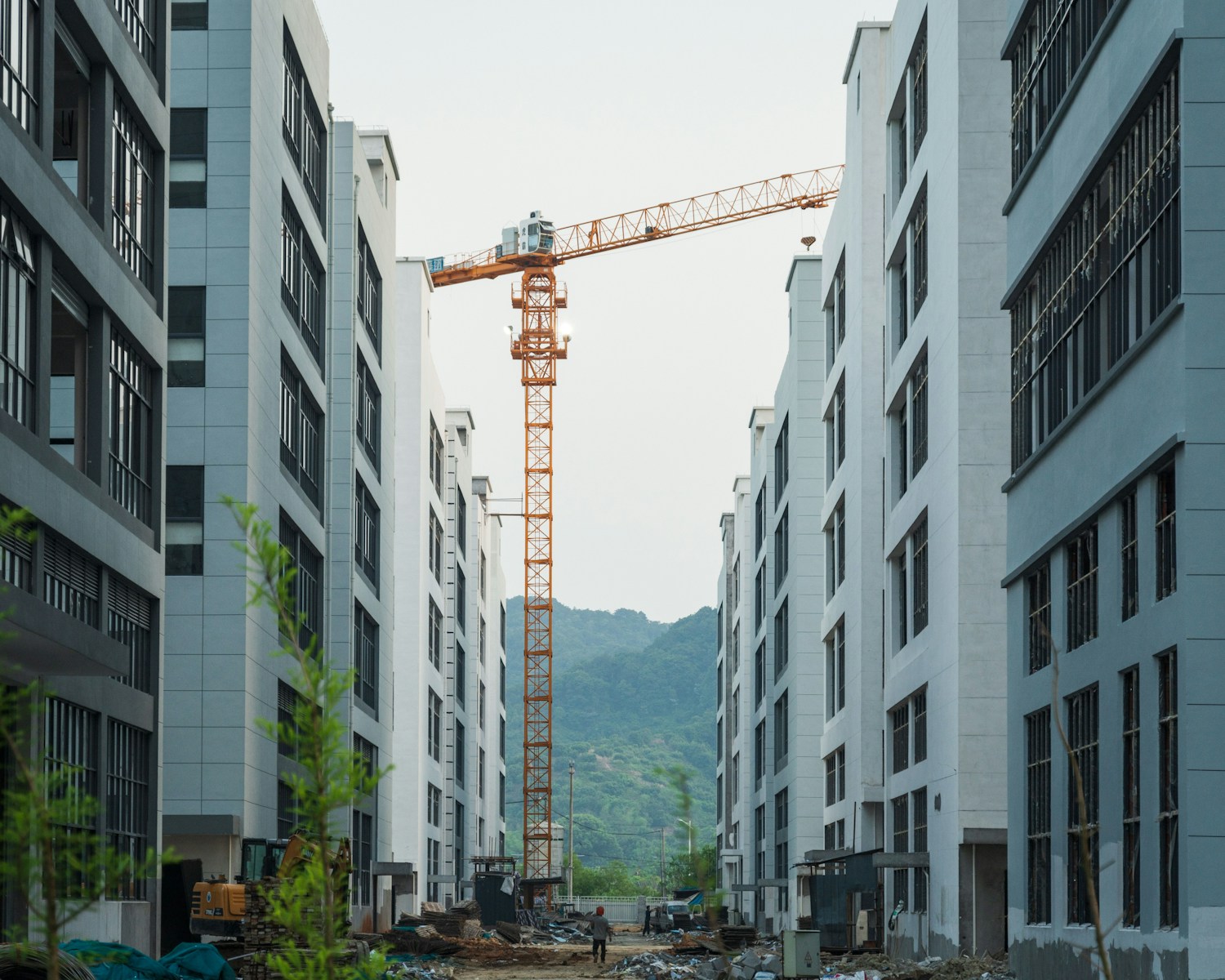Summary: Australian property investors in 2025 are facing a more balanced yield landscape after rapid rent growth and moderating prices in 2023–2024. While yields remain historically high in regional areas, capital city investors are seeing steady, inflation-adjusted returns around 3–5%. Understanding yield components—gross vs net, expenses, and local vacancy—is crucial for realistic return forecasts.
Location / Period / Audience
- Location: National (major capital cities & key regional hubs)
- Period: October 2025
- Audience: Beginner and intermediate property investors assessing yield opportunities
Key Stats (Latest Available)
| City/Region | Gross Rental Yield (Houses) | Gross Rental Yield (Units) | Vacancy Rate |
|---|---|---|---|
| Sydney | ~3.2% | ~4.4% | 1.4% |
| Melbourne | ~3.6% | ~4.6% | 1.7% |
| Brisbane | ~4.3% | ~5.1% | 0.9% |
| Adelaide | ~4.1% | ~4.7% | 0.8% |
| Perth | ~5.0% | ~6.0% | 0.5% |
| Regional NSW/QLD (avg) | ~5.3% | ~6.2% | 1.0–1.2% |
What Changed and Why
- Yield stabilisation: 2023–2024 saw rents surge due to low supply and migration recovery. By mid-2025, capital growth slowed, keeping yields relatively stable rather than compressing further. (CoreLogic, Sept 2025)
- High interest rates: The RBA’s cash rate of 4.35% (as of Aug 2025) means borrowing costs still erode net returns, especially on leveraged investments. (RBA, Aug 2025)
- Regional resilience: Townsville, Toowoomba, and regional WA continue to offer >6% gross yields thanks to affordable entry prices and sustained rental demand.
- Operating costs: Insurance and maintenance costs have risen 8–10% year-on-year, reducing net yield margins if not carefully managed.
Example Calculation
Example: 2-bed unit in Brisbane City purchased for $650,000, rented for $650 pw.
- Annual rent = $650 × 52 = $33,800
- Gross yield = $33,800 / $650,000 = 5.2%
- Less: annual costs (rates $2,000 + insurance $1,200 + maintenance $800 + agent fees $2,700 = $6,700)
- Net yield ≈ ($33,800 – $6,700) / $650,000 = 4.17%
Advice for Investors
- Prioritise suburbs with strong tenant demand and limited new supply—especially around new transport or university hubs.
- Calculate net yield, not just gross. Rising costs can reduce returns by 1–1.5 percentage points.
- Consider mixed strategy: part high-yield regional property, part metro capital-growth asset to diversify returns.
- Monitor upcoming tenancy reforms or land-tax changes that can affect landlord expenses (esp. NSW & QLD).
Risks & Caveats
- Interest-rate path uncertain; any RBA rate hikes could pressure leveraged investors.
- Regional markets can be volatile if local employment drivers weaken.
- Rental caps or tenancy reforms could impact rent growth assumptions in 2026.
- Yield figures are historical averages — actual results depend on property condition, vacancy, and local management costs.
Sources
- CoreLogic “Australian Housing Chart Pack” – Sept 2025
- SQM Research “Weekly Rents & Vacancy Rates” – Oct 2025
- RBA “Statement on Monetary Policy” – Aug 2025
- Domain Rental Report Q3 2025
